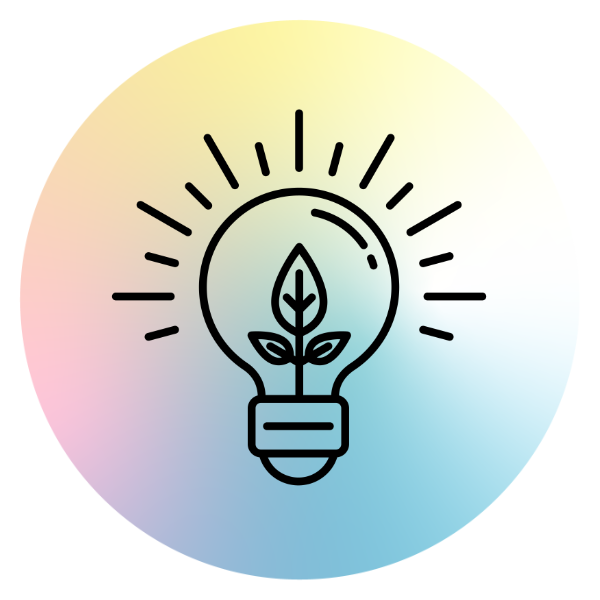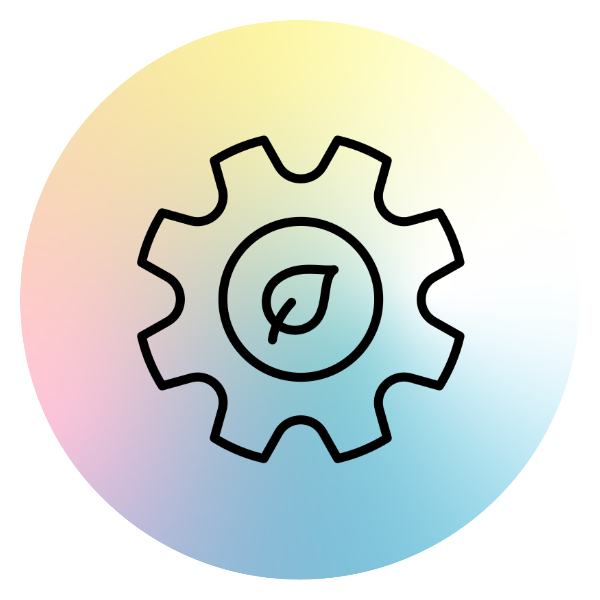Co-designing solutions in
Vision Workshops .
Vision Workshops are at the core of the project, where our specially developed NIYF methodology is used. Vision workshops are creative arenas where community members are invited to explore and dream about possibilities and different ways of doing things. After exposing the participants to provocative art-inspired eco- visualizations relating to the challenges of one of the respective case-study themes (food, plastic, mobility, or housing), we invite them to react – and act upon these reactions by communicating their feelings or thoughts. These emotional reactions are used as an entrance point for broader and deeper engagement in a structured three-step process. By triggering an emotional response with disruptive eco-visualizations, we have opened up a wide array of emotions. NIYF has developed a method to harvest the this engagement and turn it into a process of constructive co-creative visioning and problem-solving.
Photo: Tim Marshall

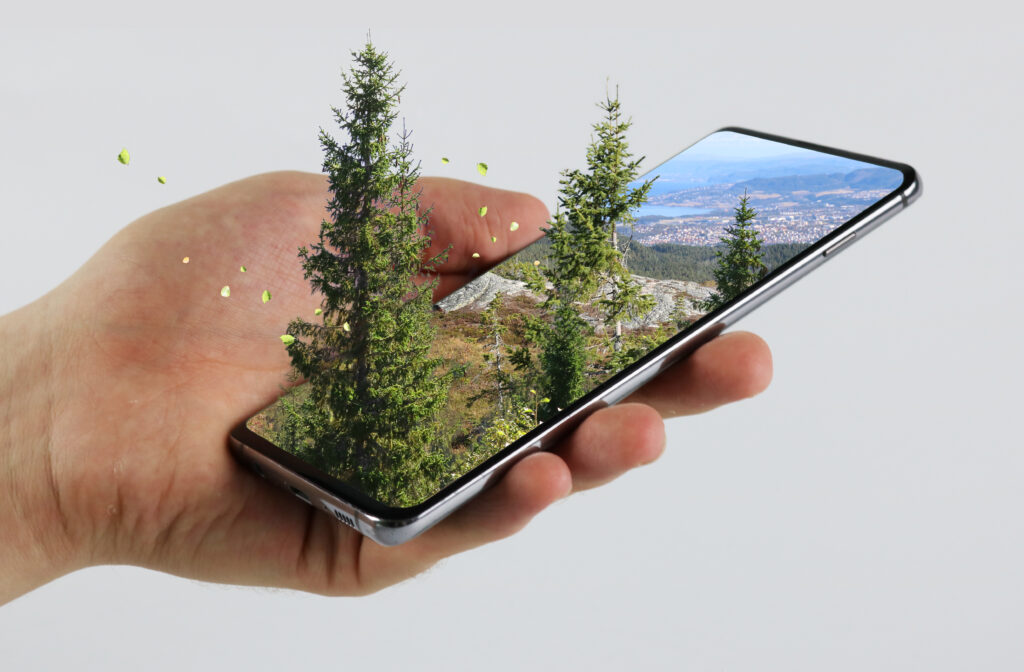
Designated
Cases .
In each of the four NIYF case studies, a series of designated vision workshops are carried out. The creativity and inventiveness of our participants continues to blow our mind. The results of the vision workshops are communicated as part of research deliveries, and we also aim to continually share ideas and news about our progress on this website.
Photo Composite: Design by Christian Lloveras Lund
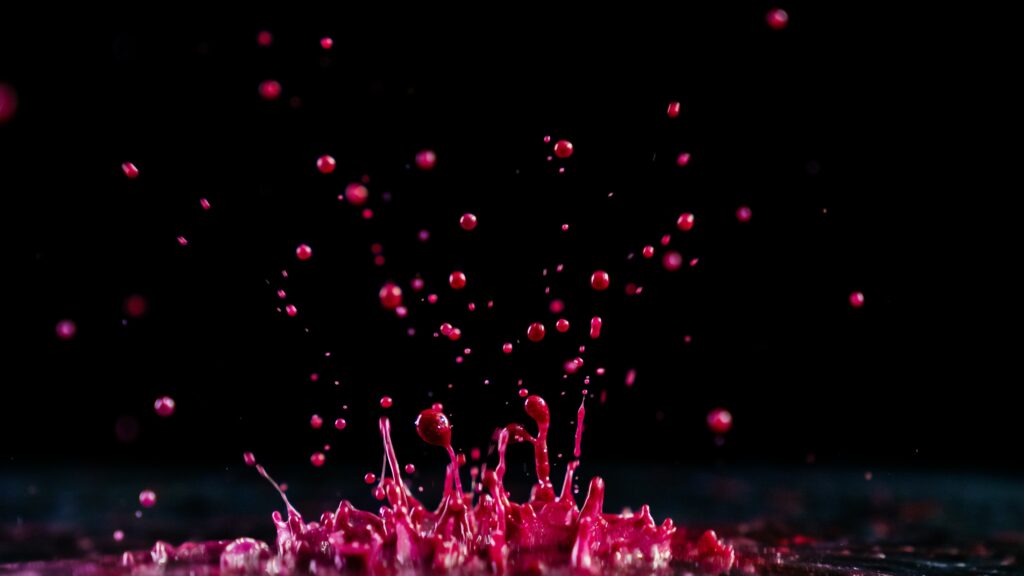
Providing a safe-space for
Radical Innovation .
In addition to eco-visualization interventions for increasing the understanding of climate change and carbon emissions across the case studies, the NIYF project also utilizes a method of co-creation called vision workshops. Here, local stakeholders are given a free, neutral arena in which to discuss local climate issues and to develop possible blueprints for counteracting them. The NIYF project’s approach is that involving localized expertise and knowledge – so-called citizen science – is a major key in solving localized problems.
Photo: Kelly
Our
Methodological Approach .
Confrontative and disruptive communication may engage emotionally but translating these impulses into action requires additional support. Therefore, NIYF follows up on the disruptive eco-visualizations and invites engaged citizens to a series of low-threshold vision-workshops to create, explore and negotiate solutions for the challenges brought to the table by the initial disrupting impulse. NIYF has developed a structured three step approach.
Photo: Bruno Pires
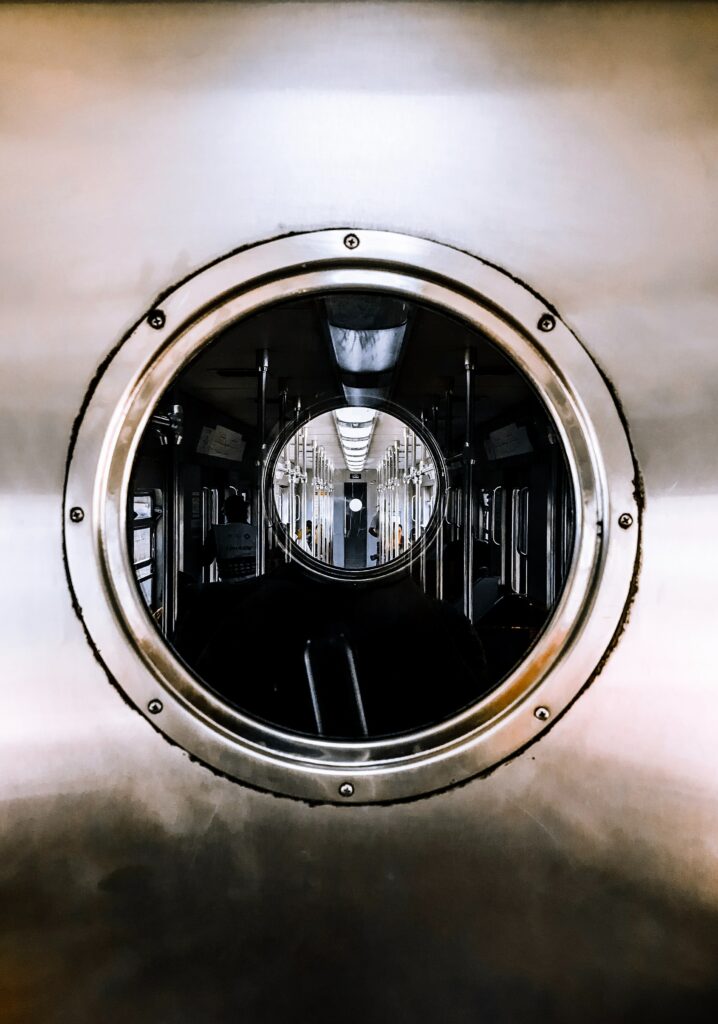
Our
Co-Creation Process


Step-by-step
Framing Twisting Using .
The first step “Framing” helps limit the problem to a manageable size and open a creative space. Limiting the scope of the challenge thematically or contextually helps overcome the “empty canvas syndrome,” i.e., the fact that total freedom may be demotivating. Once the problem area is framed the “Twisting” starts. The intent of twisting is to get the participants into a creative and visionary mode. This is done by presenting truly ambitious or near impossible challenges or thought experiments to reach the carbon-neutral lifestyle. In the twisting stage, the workshops structure the exploration of radical alternatives, their potential impacts on different target groups, and pathways to reach them. The third pillar is “Using,” which in this context means that the knowledge, ideas, and solutions that have been developed and negotiated as part of the previous two phases are used or taken forward. In NIYF, some of the ideas are also implemented, and all ideas are acknowledged as valuable contribution
Photo: iOnix
